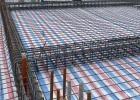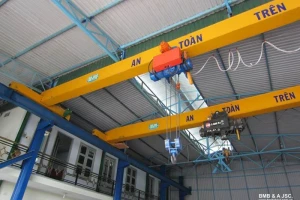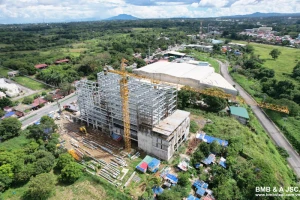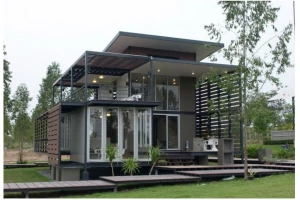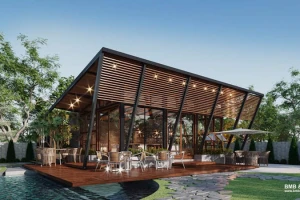Is it legal to build factories on residential land?
Many businesses are desiring to build factories on available residential land to save land costs in the current time of scarce land. However, the question is whether the construction of factories on residential land is allowed by law or not? Let's find out with BMB Steel through this article!
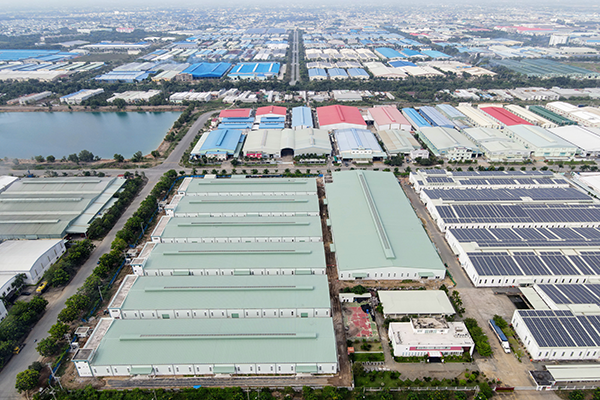
1. The concept of residential land
Residential land sounds strange, actually, this is the land that is used for living. In the Law of Land, this type of land is not mentioned. Residential land belongs to the group of non-industrial land located in residential areas. Clause 1, Article 144 of the 2013 Land Law stipulates that residential land includes land for the construction of houses, construction of service works, gardens, and ponds. They are built on the same land as the urban residential area which is already approved by the authorities.
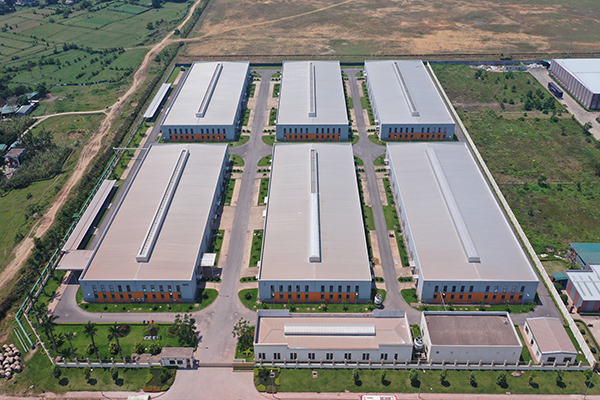
According to the provisions of the law at point a, clause 2, article 10 of the 2013 Land Law: Residential land (residential land) includes residential land in rural areas (symbolized as ONT) and residential land in urban areas (symbolized as ODT).
>>> Read more: Steel structure introduction
2. Difference between residential land and agricultural land
Vietnamese law divides land into two main groups: Agricultural land and non-industrial land. Which, residential land is classified as non-agricultural land. Residential land belongs to the group of non-agricultural land. What is the difference between residential land and agricultural land?
According to Vietnam's Land Law 2013, agricultural land is land used for agricultural production purposes such as growing rice, food, industrial crops, aquaculture, etc. First of all, you need to understand the concept of agricultural land. Agricultural land is a type of land that is allowed to be used for production purposes and activities to support agricultural production such as aquaculture, food, crops, agricultural crops, etc. The law does not allow the construction of houses or production facilities, factories, and factories on agricultural land. In the real estate market, agricultural land is not as expensive as residential land.
3. Cases in which land-use purposes must be changed as prescribed by law
Below, BMB Steel would like to list some cases where it is mandatory to make an application for a change of land use purpose according to the provisions of law.
- Change the land for rice cultivation to land for planting perennial crops, land for afforestation, land for aquaculture, and land for salt production.
- Converting land for planting other annual crops to land for saltwater aquaculture, salt production, or aquaculture in the form of ponds, lakes, or lagoons.
- Change of special-use forest land, protection forest land, production forest land to use for other purposes in the group of agricultural land.
- Converting agricultural land to non-agricultural land.
- Converting non-agricultural land allocated by the State without land use the levy to non-agricultural land allocated by the State with the collection of land use levy or leased land.
- Converting non-agricultural land which is not residential land to residential land.
- Transfer of land for construction of non-business works, land used for public purposes for business purposes, non-agricultural production, and business land that is not commercial or service land to commercial or service land; transfer of commercial, service, and non-business construction land to land for non-agricultural production establishments.
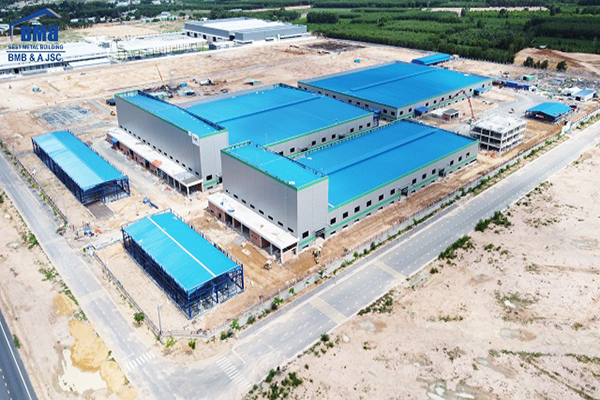
4. Is it legal to build factories on residential land?
As mentioned above, it is not allowed to build factories on agricultural land, it is mandatory to change the land use purpose. So what about building factories on residential land?
From the above regulations, we can see that building factories on residential land is allowed. Landowners can use the residential land area for the purpose of building factories for business activities without carrying out procedures for conversion of land use purposes. The construction of factories on residential land is not in the group that requires permission to change the land use purpose of the competent authority approved under article 57 of the Land Law 2013.
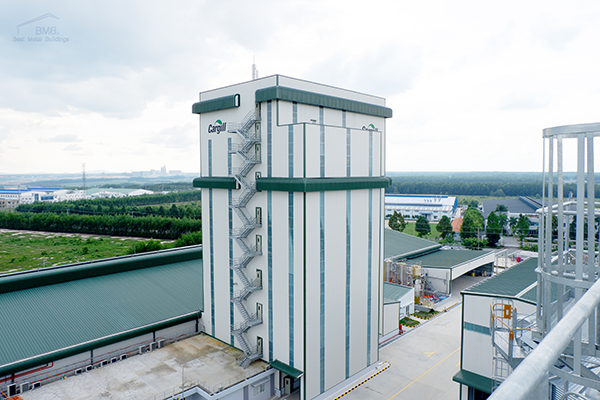
5. Notes when building factories on residential land
Although it is not necessary to apply for a change of land use purpose when building a factory on residential land, the investor needs to register the land change in accordance with the law.
In addition, before building a factory, pre fabricated building on residential land, enterprises need to carry out procedures for applying for a factory building permit in accordance with the law.
Thus, it plays a vital role to learn and follow the legal standards on the construction of factories in residential areas, especially environmental protection issues.
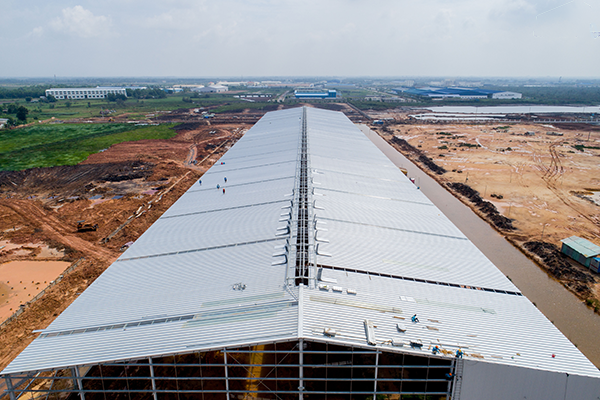
BMB Steel hopes that the above article has provided readers with useful knowledge about building factories on residential land. BMB Steel is a company specializing in supplying, designing, and constructing factories, pre engineered steel buildings, with many years of experience. If you have any questions, please contact us via hotline for advice.











